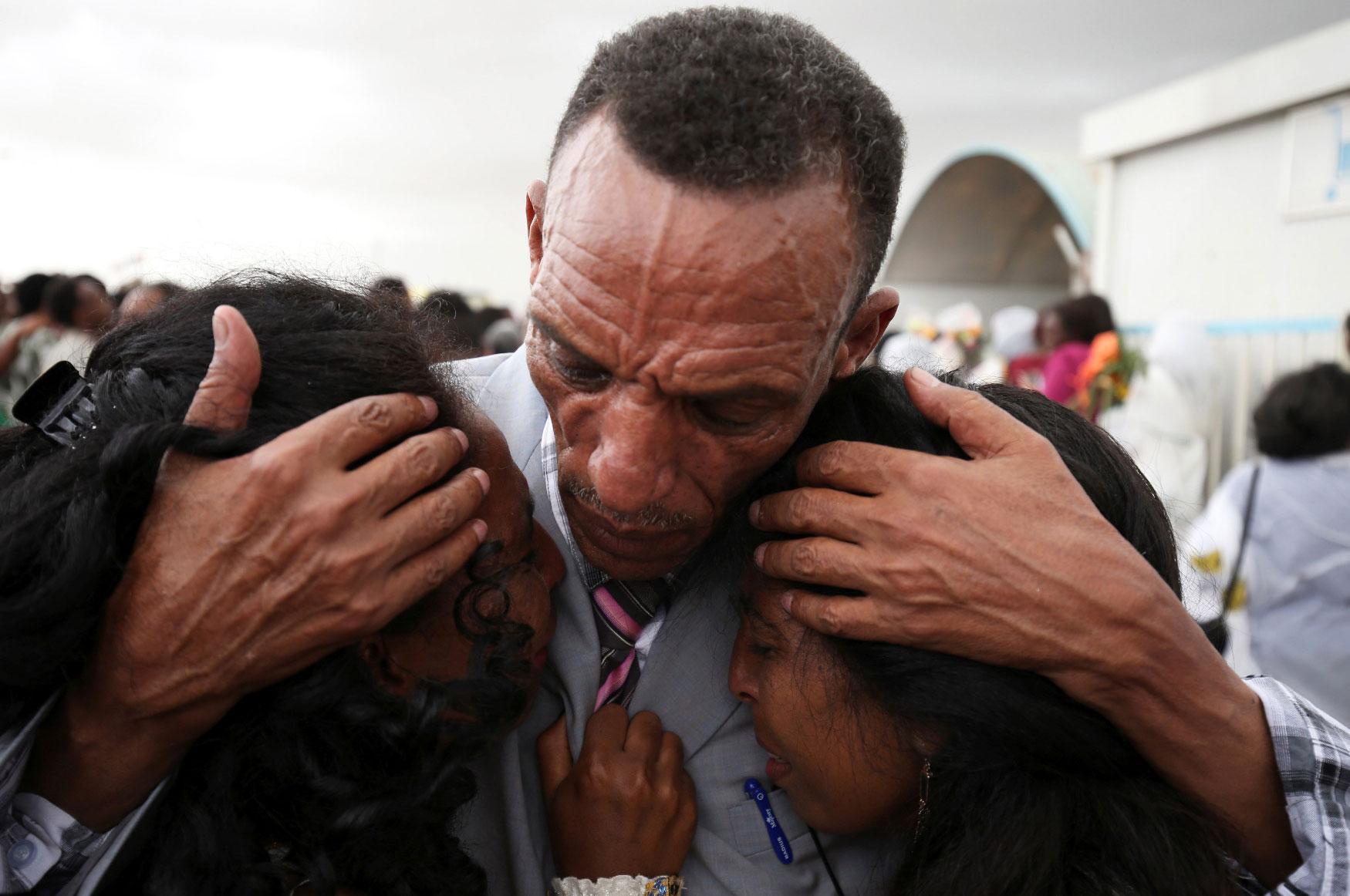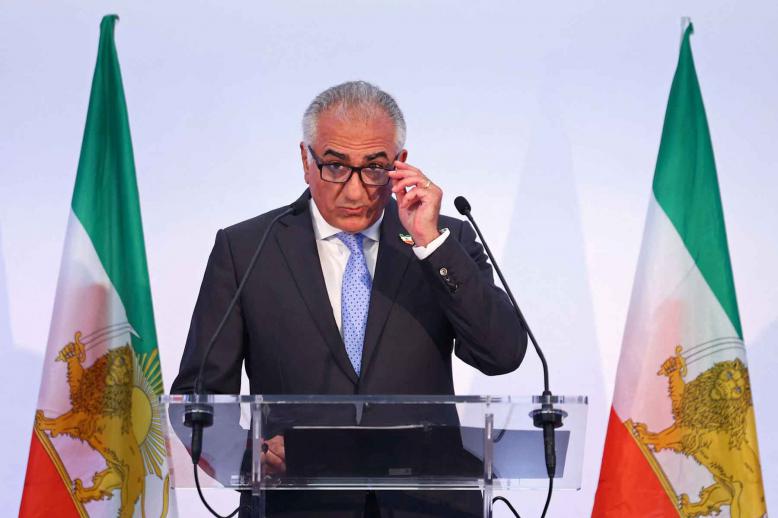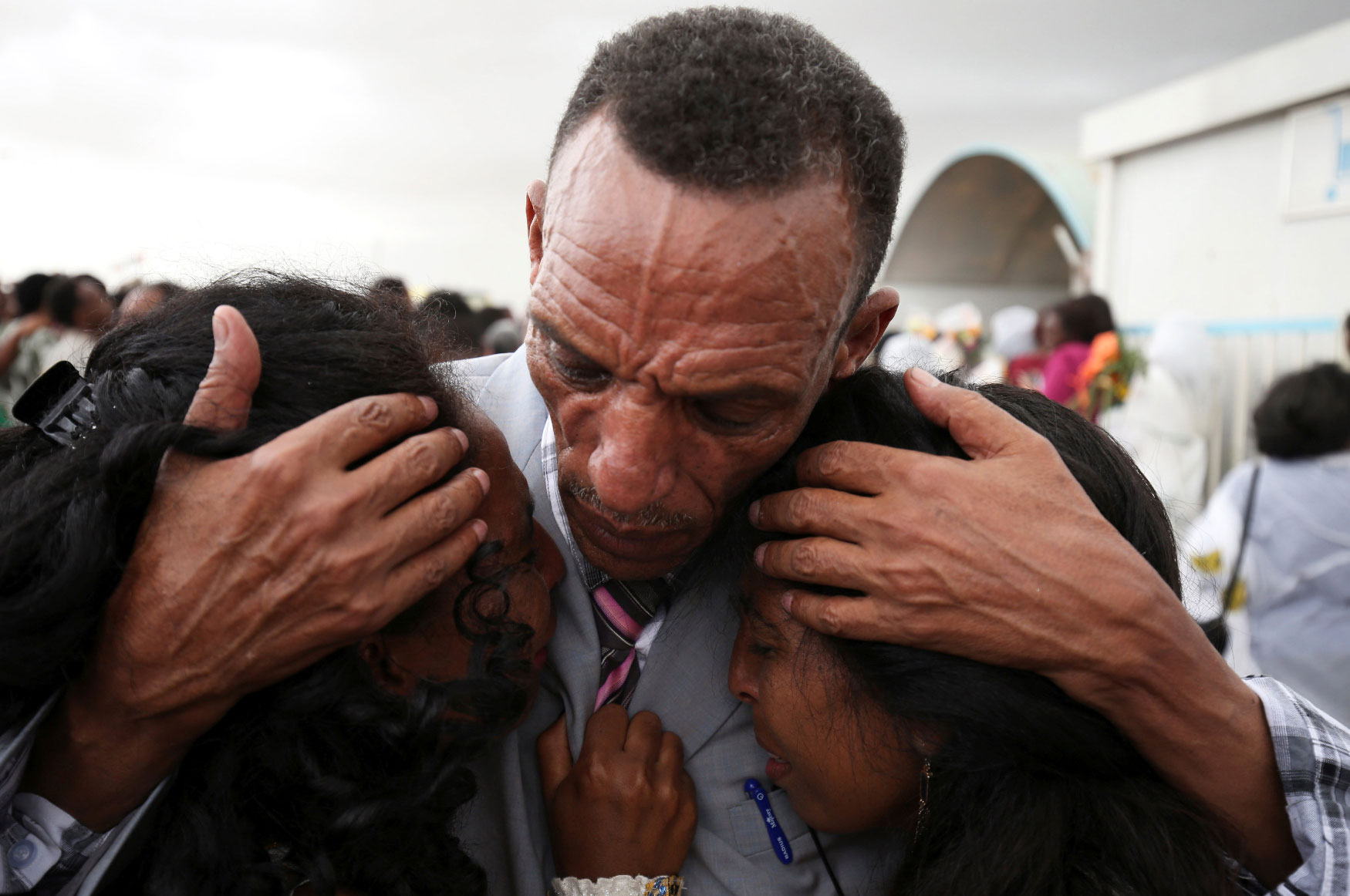Eritrea, Ethiopia take further steps in peace process
ADDIS ABABA - Eritrea has pulled troops back from its heavily militarised border with Ethiopia as a "gesture of reconciliation", the pro-government Eritrean Press agency said on its Facebook page.
There was no immediate confirmation from the government in Asmara, but the move would be consistent with rapidly improving ties between the Horn of Africa neighbours, whose 1998 war killed tens of thousands and led to two decades of military stalemate.
Ethiopia's Prime Minister Abiy Ahmed and Eritrea's President Isaias Afwerki signed an agreement in Asmara on July 9 to restore ties and have since taken steps to put it into practice including reopening embassies in each others countries.
"It is imperative for all those who care about the long-term stability and economic viability of the region to do everything they can to help the two countries move beyond the senseless war that wrought so much suffering on both peoples," the agency said .
Earlier on Thursday, Ethiopia appointed its first ambassador to Eritrea in two decades, the state-affiliated Fana news agency said. An online report from Fana said Redwan Hussien, formerly Ethiopian ambassador to Ireland, had become Addis Ababa's representative in Asmara.
Abiy became prime minister in April and said he wanted to implement a peace deal that ended the war. The surprise decision was part of a broader effort to reform economics and politics in Ethiopia, the second-most populous country in Africa and east Africa's largest economy.
The reforms included releasing thousands of political prisoners, a big step in a tightly controlled country ruled by a coalition of parties that drove the previous regime from power in 1991.
Better relations between the two countries could eventually give landlocked Ethiopia access to Eritrea's ports and lay the groundwork for an easing of the political isolation of Eritrea.
Both leaders have visited each other, and Isaias this week reopened his country's embassy in Addis Ababa.
Ethiopia's national carrier Ethiopia Airlines on Wednesday made its first flight to Asmara in two decades and was greeted by dancers waving flags and flowers as families separated for decades had emotional reunions.
Ethiopian Airlines is in talks to take a stake in Eritrean Airlines, Tewolde GebreMariam, chief executive of Ethiopian Airlines, said in an interview on Thursday, adding that a study would be conducted to determine the size of the stake.
Inevitable policy changes
In another sign of change, the new Ethiopian central bank governor met the business community and heads of major banks and listened to their complaints for two hours while private TV cameras rolled and journalists took notes.
"We are open to listen to the challenges of the business community unlike in previous days," said Yinager Dessie, who was appointed last month.
Business leaders said his predecessor was too conservative and sources in Addis Ababa said he rarely met bank executives and businesspeople and did not engage with institutions such as the World Bank and International Monetary Fund.
Yinager pledged to meet the business community regularly and said two main concerns they raised, scant access to credit and crippling foreign exchange shortages, were government priorities.
"We are working on amending regulations and directives that have caused challenges for the business community," said Yinager, who previously served as head of the government's National Planning Commission.
He also said that sweeping changes should be expected.
"It is inevitable to have a secondary market. We cannot be square and keep our economy closed to foreign markets," he said.
Ethiopian law currently does not allow any secondary markets. The state controls the banking sector and foreign banks are not allowed to invest in Ethiopian banks.
Yinager said Ethiopian banks should provide better services and said he told bank heads privately the average lending rate to 18 to 20 percent is "not fair" to average people.
Ethiopia could sell stakes in state-owned firms as part of reforms to "unleash the potential of the private sector", the information minister said on Wednesday.
Airline talks
Ethiopian Airlines is in talks to take a stake in Eritrean Airlines and a study will be conducted to determine the size of the acquisition, the Ethiopian carrier's chief executive said in an interview on Thursday.
"We are assessing the situation of Eritrean Airlines right now," Tewolde GebreMariam said during a visit to the Eritrean capital. "I spoke with the CEO yesterday. They have one leased airplane - a (Boeing) 737. We have started discussions."
Tewolde travelled to Asmara on Wednesday with an Ethiopian delegation on the first commercial flight from Ethiopia to Eritrea in 20 years - cementing a stunning rapprochement that has ended a generation of hostility between the neighbouring Horn of Africa countries in a matter of days.
"It is beyond opening routes. This one is different because politically, economically and socially, the flight we flew yesterday is going to make radical changes between the peoples of Ethiopia and Eritrea. It is a game changer," Tewolde said.
The CEO said that based on the demand and bookings he had seen, starting in a couple of weeks Ethiopian Airlines would fly twice daily to Asmara.
"We plan (also) to fly to Massawa and Assab. We have not assessed the market (in the two towns), so we will send market research people," he said.
"The demand is heavy not only because of Eritrea and Ethiopia but also demand from Eritreans living in Europe, America and so on who are eager to visit friends and relatives in Asmara, he added.
"Connections were (previously) not smooth for them to come back home. They have (had) to go through Dubai or Istanbul and it is not convenient. Now they will have direct flights from the U.S., Canada and Europe."
As the country prepares to open up its state-owned enterprises for private investment, Ethiopian Airlines is ahead of the curve on that front and will evaluate whether it needs capital or not in its next stage of growth.
"For the time being, we have business units ready for private investors. The hotel business, aerospace manufacturing (arm), and logistics," Tewolde said. "As we go forward, we will see other areas requiring investors."
The airline has been buying shares in other African airlines, a strategy aimed at gaining a competitive advantage against rivals such as those in the Gulf.
Tewolde said that if African carriers are interested in cross-exchange of equity, the airline, the continent's largest by revenue and profit, according to the International Air Transport Association, would evaluate the proposition.






